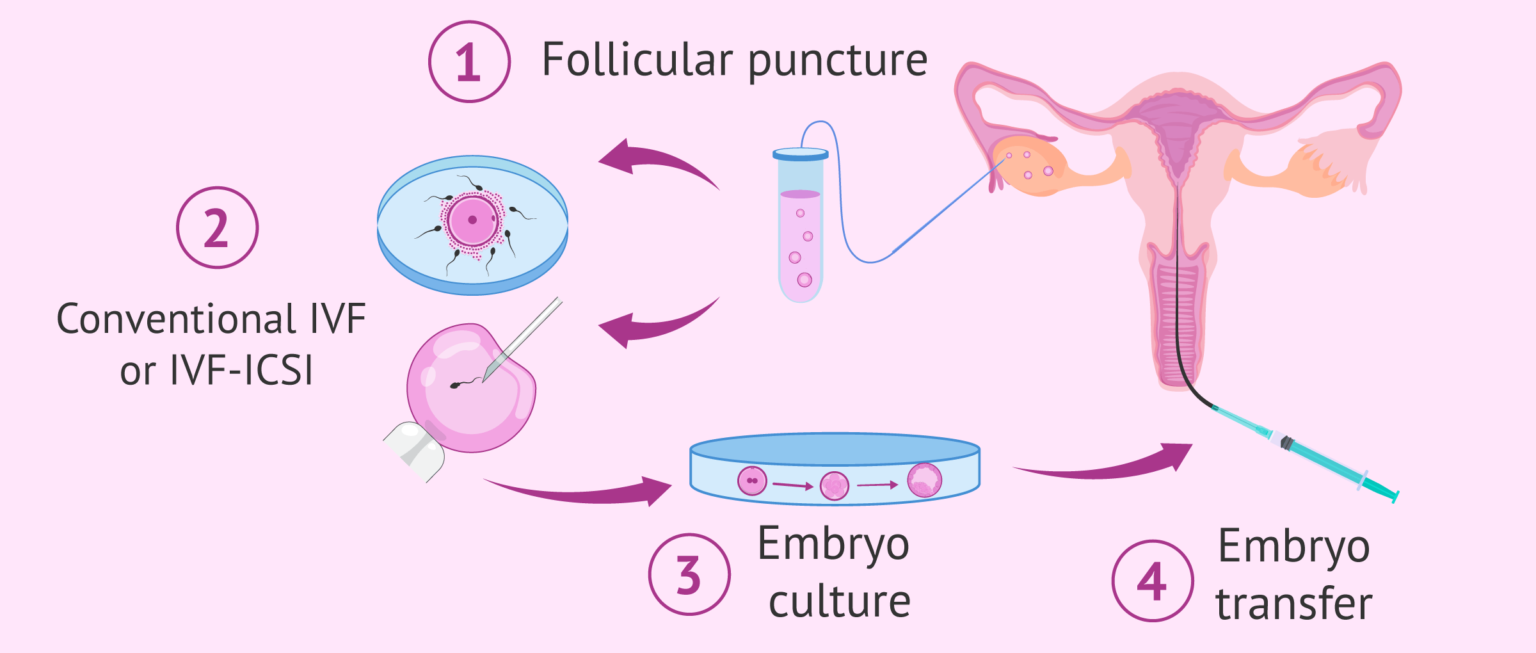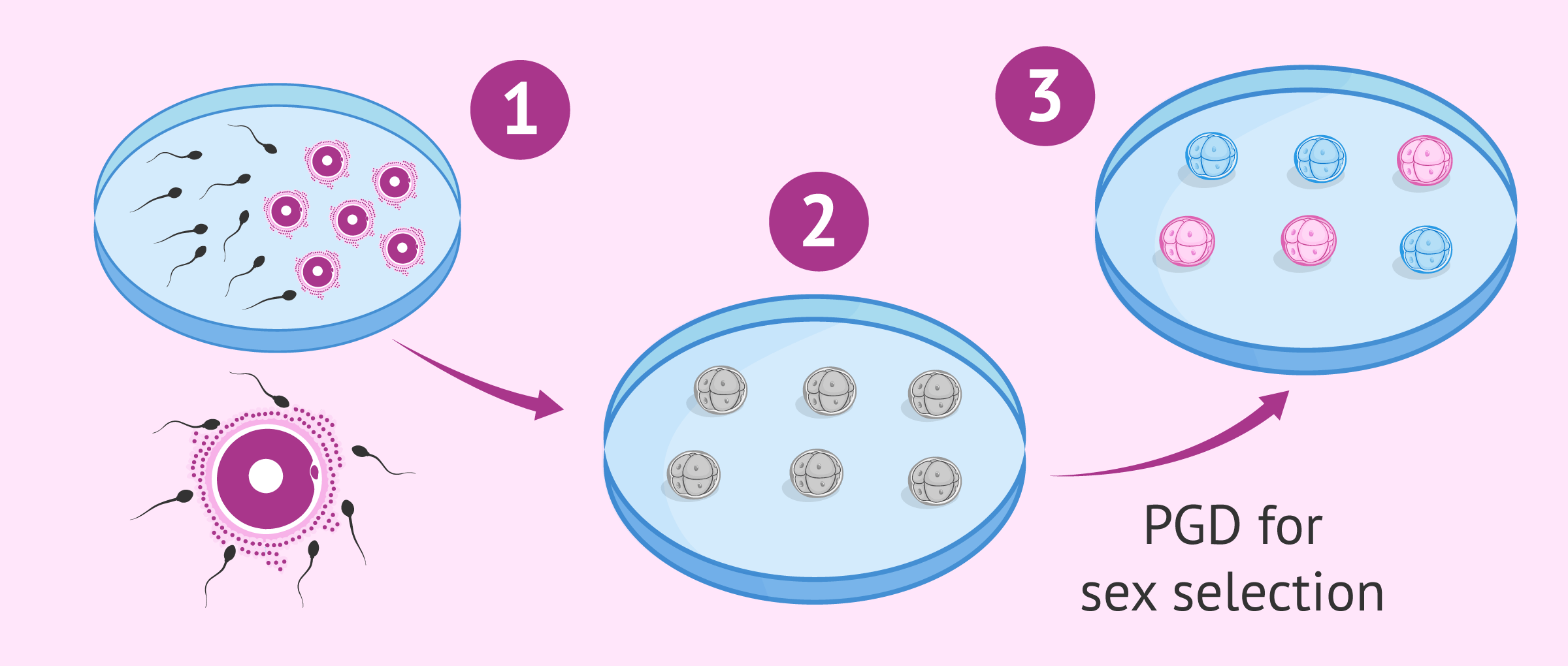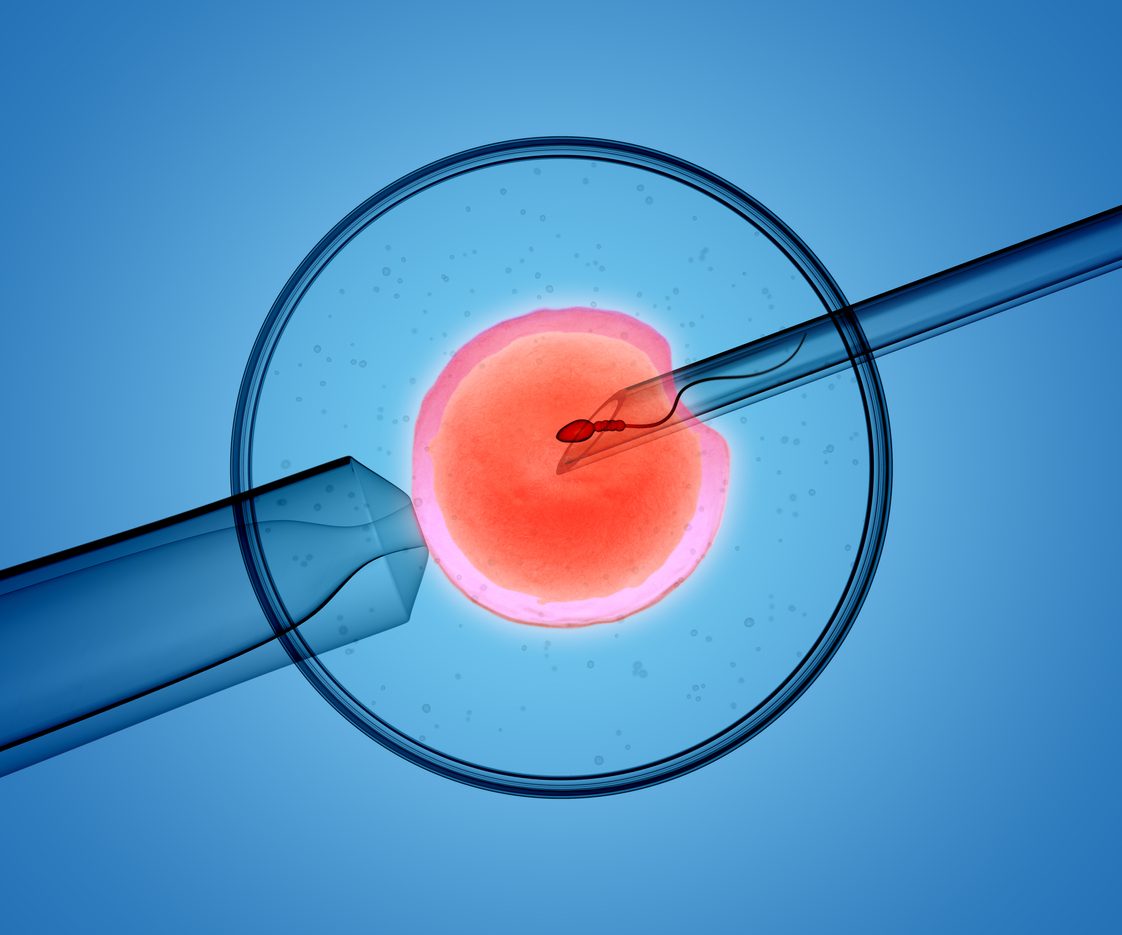Starting a family is a dream for many couples, but for some, the journey to conception can
be complicated. Infertility is a common issue that affects many couples, and for those facing
this challenge, in vitro fertilization (IVF) may be the answer. IVF is a complex medical process
that requires a lot of preparation, both emotionally and financially. If you or your partner are
considering IVF, it is important to understand the process and what to expect.
The IVF process begins with ovarian stimulation and monitoring. This step is essential for
producing as many healthy eggs as possible, which can then be used for fertilization. Fertility
hormones are typically administered on the second or third day of a woman’s menstrual
cycle. These hormones are taken for an average of 10 to 14 days, during which time two to
four follicle monitoring ultrasounds are performed to monitor progress and make any
necessary adjustments to the medication.
The next step is the egg retrieval, which is performed under anesthesia by an IVF physician.
The eggs are then taken to the lab for fertilization, culture, and biopsy of the embryos.
Fertilization can be achieved through traditional methods such as incubating the eggs
overnight with sperm or by directly injecting sperm into the eggs. The fertilized eggs are
called embryos and are then cultured for 5-7 days. Embryos are then biopsied and sent for
PGT-A (preimplantation genetic testing) to eliminate any possible chromosomal
abnormalities.
Once the embryos have been tested, you will then be ready for the embryo transfer cycle. In
a FET (frozen embryo transfer) cycle, the embryo transfer procedure typically takes place
between days 19 and 21 of the patient’s menstrual cycle. This is followed by a pregnancy
blood test approximately 10 days post-implantation.
Before starting an IVF cycle, it is important to undergo pre-screening to determine the best
course of action for your specific case. This may include blood tests to check ovarian
reserves and hormonal levels, and a physical examination. Your IVF physician will work with
you to create a tailored treatment plan that maximizes your chances of a successful
outcome.
Navigating the IVF process can be overwhelming, but it is important to remember that you
are not alone. The medical team at your IVF clinic will be with you every step of the way to
provide guidance, support, and care. With the help of IVF, many couples have been able to
start the family they have always dreamed of.





